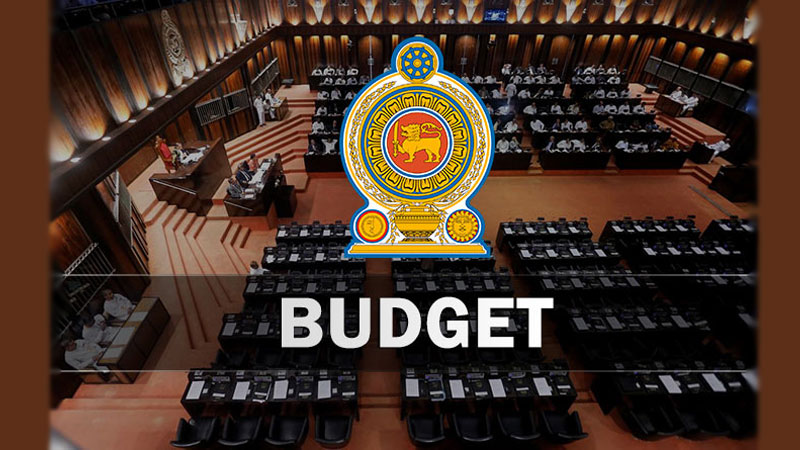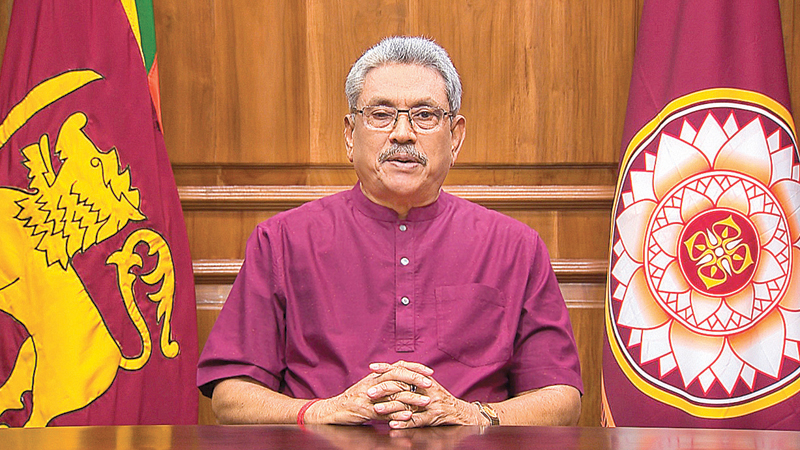Ensuring that Sri Lanka is committed to maintaining the quality of its health sector, President Ranil Wickremesinghe asserted that all required measures will be taken to identify the deficiencies, weaknesses and crises and later act towards the advancement of the field.
Delivering the 2024 Budget speech in Parliament this morning (13 Nov.), President Wickremesinghe stated that the government’s focus has been on issuing specific guidelines for the procurement of medicines and setting up a separate institution for the said purpose.
“We are taking this step after conducting a detailed study of the government’s medicines procurement process”, he said in this regard.
Meanwhile, speaking with regards to the investments made pertaining to medical and health research, the Head of State revealed that the strengthening of the infrastructure and laboratory facilities of the Medical Research Institute (MRI) are currently underway, in several phases, with Rs. 75 million having been allocated for this purpose in the 2024 Budget.
Meanwhile, the President also proposed to allocate Rs. 25 million for the next year, under a three-year plan, to upgrade the facilities of the National Drugs Quality Assurance Laboratory.
“I expect to increase the investment in medical and health research to bring Sri Lanka’s medical research output on par with the rest of the world”, the Head of State said in this regard.
Further emphasing the lack of a cardiopulmonary resuscitation facility in any hospital in the Uva province, President Wickremesinghe revealed that Rs. 300 million has been allocated for the establishment of a resuscitation unit at the Badulla Teaching Hospital, and for the further purchase of any other necessary equipment in this regard.
Addressing recent concerns pertaining to the promotion of medical officers in his speech, President Wickremesinghe also stated that arrangements to adopt a promotion scheme that is applicable to both specialists and graded doctors be expedited, while the possibility of paying an allowance for the additional work done by specialist doctors, as opposed to the existing paying mechanism, also be explored.





